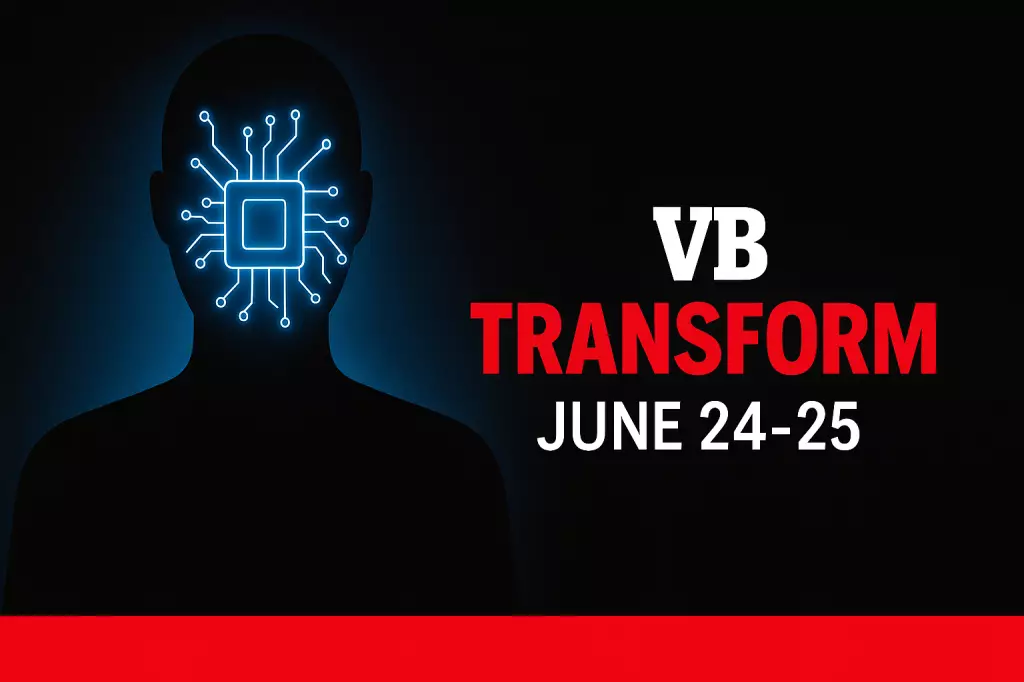As the world readies itself for the grand spectacle that is Transform 2025, hosted in the ornate folds of San Francisco, it prompts a pressing inquiry: how much of this exuberance around artificial intelligence (AI) is genuine and how much is merely smoke and mirrors? The event aims to gather a congregation of active architects and decision-makers in AI, yet a stark reality looms beneath the surface. According to research, only a dismal 11% of companies have successfully integrated agentic AI into their operational framework. This statistic isn’t just a number; it reflects a serious disconnect between the theoretically alluring capabilities of AI and the harsh practicalities of implementation. Enterprises dive headfirst into AI initiatives, but few emerge with tangible, scalable outcomes. This persistent “Agentic Infrastructure Gap” stands as a monument to unresolved challenges, fertility for innovation stunted by the shortcomings of existing frameworks.
Challenging the Foundations of AI Implementation
The discussion at Transform won’t merely be an uplifting affair filled with glossy presentations and idealistic portrayals. High-profile panels and breakout sessions reveal an underlying tension. As organizations grapple with the complexity of deploying advanced AI technologies, the conversation should shift from mere aspirations to core issues in infrastructure and governance. The proposed “Agentic OS” aims to provide a novel operational architecture for AI, emphasizing that hurdles stretch beyond surface-level applications. The implied necessity for a rigorous orchestration of security and data management systems deserves more attention. Every uphill battle that enterprises face in this domain can be traced back to foundational inadequacies. Without a unified operating model, even the most advanced AI agents risk descending into chaos rather than driving productive innovation.
Voices from the Trenches
It is refreshing to observe that Transform 2025 will feature key insights from executives at recognized corporate giants like Walmart and Bank of America. Unlike trends promoted through sanitized success stories, these discussions will shed light on the gritty realities of AI implementation within strictly regulated environments. The complexities of deploying AI technologies are seldom encapsulated in optimistic slogans; rather, they require a nuanced understanding of market pressures, compliance issues, and data governance challenges. As these seasoned professionals recount their first-hand experiences, they create a vital repository of knowledge that can potentially enlighten those eager to gain leverage in enterprise AI. Adopting this candid perspective helps combat the pervasive hype surrounding AI, creating an imperative for real-world problem-solving as opposed to utopian fantasies.
The Empowerment Through Engagement
Transform has intentionally crafted an experience that encourages active participation rather than passive consumption. Workshops led by pioneers in the field, such as Nathan Lambert and Sam Witteveen, aim to demystify the technical layers of AI development. Attendees have the chance to roll up their sleeves and build their AI agents, breaking the chains of mythology that often accompany new technologies. In an age where knowledge is power, offering practical avenues for skill acquisition demands recognition. These hands-on sessions are not just additive; they are essential in cultivating the next generation of AI agents who are not merely consumers of technology but active contributors.
The Critical Need for Diversity in AI
Furthermore, the spotlight on diversity during Transform 2025, particularly through initiatives like the Women in Enterprise AI Awards, serves as more than just a feel-good acknowledgment of achievements. This year’s event reflects a growing recognition that diversity isn’t a supplementary feature; it’s a core requisite for innovation. By amplifying underrepresented voices, we create a richer discourse that can lead to a more holistic and inclusive developmental trajectory within AI. The urgency to recalibrate the landscape to reflect diversity is not merely a social imperative but a compelling business case—studies have continually demonstrated that diverse teams are more effective and innovative.
The Stakes of Engagement in AI’s Future
As Transform 2025 unfolds, it offers more than a gathering of thought leaders; it is a chance to recalibrate the compass that guides enterprise AI integration. The staggering emphasis on execution-oriented discussion reveals that the motto going forward should not be “Just Innovate” but “Innovate Effectively.” The high stakes of engagement with emerging challenges in AI systems amplify the need for informed decision-making. It’s this delicate dance between aspiration and execution that will determine who leads and who lags in adopting this transformative technology. The fertile ground for innovation lies not just in capital investment but in a shift towards actionable insights, a crucial evolution if organizations hope to transcend the failures of the past. In sum, Transform 2025 stands as a pivotal opportunity to enlighten, engage, and, ultimately, elevate the dialogue surrounding the integration of AI in enterprises.









Leave a Reply